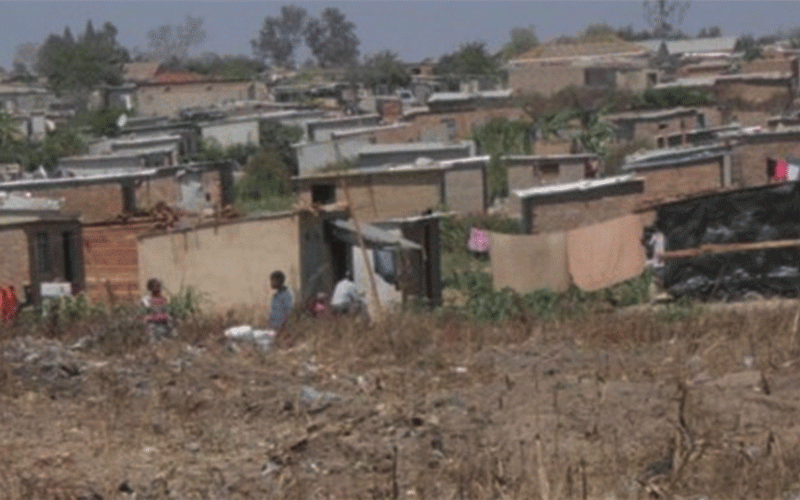
YESTERDAY, we carried a story titled Zanu PF title deeds bait misfires, where the ruling party’s election promise to regularise informal settlements is moving at a snail’s pace, with only 11 000 title deeds reportedly issued in Harare’s sprawling Epworth suburb since 2023.
The ruling party dangled title deeds for votes ahead of the August 2023 elections, promising to regularise over 80 000 informal settlements, where tenants faced the risk of having their structures demolished.
Speaking in Parliament on Wednesday, Lands minister Anxious Masuka, who was the acting leader of government business, said only 11 000 titled deeds have so far been distributed in the dormitory town.
“The regularisation of such stands is important and the issue of human dignity should be addressed,” Masuka told lawmakers.
“In Epworth, there are a few people who were given title deeds, but we were told in the meeting that we held recently that there are 11 000 title deeds which have been distributed and that the team is now going to Caledonia and other new residential suburbs.”
With a month to go before 2023 harmonised elections, President Emmerson Mnangagwa promised to dole out more than 11 000 title deeds to Epworth residents as Cabinet endorsed the Kwangu/Ngakwami Presidential Title Deeds Programme.
It turned out this was just for political expedience.
The questions to ask is: Since when has Zanu PF cared about human dignity? Since when has Zanu PF cared about where people live?
- Corruption Watch: Get scared, 2023 is coming
- Corruption Watch: Get scared, 2023 is coming
- Letters: Ensuring Africa’s food security through availability of quality seeds
- Is military's involvement in politics compatible with democracy?
Keep Reading
Probably we can add: Will it ever give a hoot?
This is the reason why land reform farm occupiers who are crying out for title deeds are not getting anything.
According to Zanu PF, land seekers should always remain as.
They should be second-class citizens all the time, and that’s how it manages to control and manipulate them.
Anyone who attempts to deviate will face threats of ejection from the “rented” land they will be on.
This rings true for the Epworth informal residents.
The bigger challenge is that barons have taken over the parcelling out of land, many of whom are connected to Zanu PF or have the backing of the party.
A research paper titled Battling the informal settlement challenge through sustainable city framework: Experiences and lessons from Harare, Zimbabwe by Abraham R Matamanda in 2021 revealed that economic hardships are usually attributed to the rise in informal settlements, where the citizens (mostly the poor) fail to access adequate housing, hence they end up settling informally in the urban fringe in areas that are not usually served with basic services.
Informality thus thrives in this context as people resort to illegal means of land and housing appropriation and illegal subdivisions among others.
Typical examples include residents’ informal settlements along easements or buffer lines, for example, railway lines, under power lines and along roadside verges.
Matamanda says generally, informal settlements may be attributed to some of the following factors: rigid planning laws, regulations, and standards; political influence in planning; lack of accountability in planning matters; corruption; disjointed planning systems (overlapping statutes, etc); use of archaic and euro-centric planning standards; economic hardships; and failure to plan, being overtaken by events.
In this instance, therefore, going forward, government needs to put its house in order and enforce rural and urban planning.
We understand several local authorities are flighting advertisements that their master plans have been adopted and are now on public exhibition.
Going forward, all local authorities and law enforcement agents should stop any unsanctioned construction, prosecute anyone who buys or sells, particularly communal lands.
Lawlessness should come to a stop, in the process halting Zanu PF’s abuse of the citizens by making election promises that it will not be able to fulfil.
In fact, the government must gird its loins and up its game.
According to the Zimbabwe National Statistics Agency, the unemployment rate in Zimbabwe in the third quarter of 2023 was 21,0%.
But unofficial figures put it at over 80%, making informal employment thrive.
Government must make sure it delivers on the jobs promise just as it should with title deeds.
Surely we cannot have a nation of informal everything — informal economy (black market), informal employment, informal settlements.










